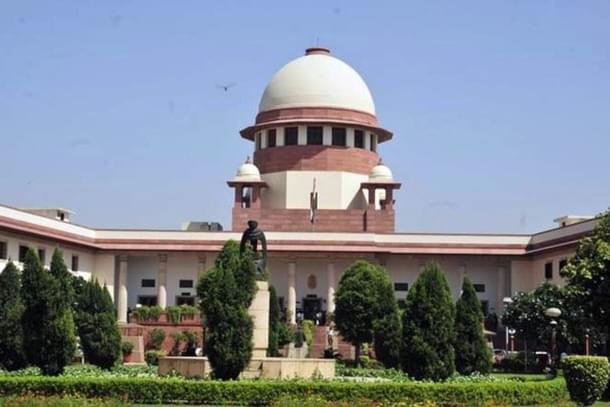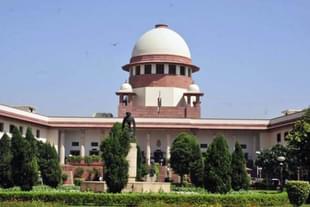News Brief
Supreme Court's Ayodhya Verdict Key to Places of Worship Act Challenge; CJI Khanna Set To Hear Case On 12 December
Arjun Brij
Dec 09, 2024, 12:27 PM | Updated 12:27 PM IST
Save & read from anywhere!
Bookmark stories for easy access on any device or the Swarajya app.


The Supreme Court’s 2019 judgment in the Ram Janmabhoomi case, which awarded the disputed Babri Masjid site to the Hindu side, has become central to a legal battle over the validity of the Places of Worship Act 1991.
A Special Bench, led by Chief Justice of India Sanjiv Khanna, is scheduled to hear challenges to the Act on 12 December. These petitions, primarily filed by Hindu plaintiffs, question the religious character of several mosques and even the Ajmer dargah, with some calling for the reclaiming of temples.
The Places of Worship Act mandates the preservation of the character of religious places of worship as they existed on 15 August 1947, forbidding any change in the status of such sites.
The petitioners argue that the Act hinders efforts to reclaim temples that were allegedly taken over during the Mughal period, asserting that it prevents addressing historical wrongs. However, the petitioners must address the Ayodhya judgment's emphasis on preserving religious harmony and the equality of all faiths, a constitutional value considered a basic feature of the Indian Constitution.
The five-judge Bench in the Ayodhya case stated, “The law [Places of Worship Act] speaks to our history and to the future of the nation. Cognizant as we are of our history and of the need for the nation to confront it, Independence was a watershed moment to heal the wounds of the past. Historical wrongs cannot be remedied by the people taking the law in their own hands. In preserving the character of places of public worship, Parliament has mandated in no uncertain terms that history and its wrongs shall not be used as instruments to oppress the present and the future.”
While the Places of Worship Act has some exceptions, such as actions involving conversions of religious character after August 15, 1947, the judgment underscores the importance of maintaining the secular ethos of the country. The Ayodhya verdict also reinforced the view that the state must provide equal treatment to all religions, a principle upheld in previous rulings, such as the 1994 Bench examining the Acquisition of Certain Area at Ayodhya Act.
Arjun Brij is an Editorial Associate at Swarajya. He tweets at @arjun_brij




